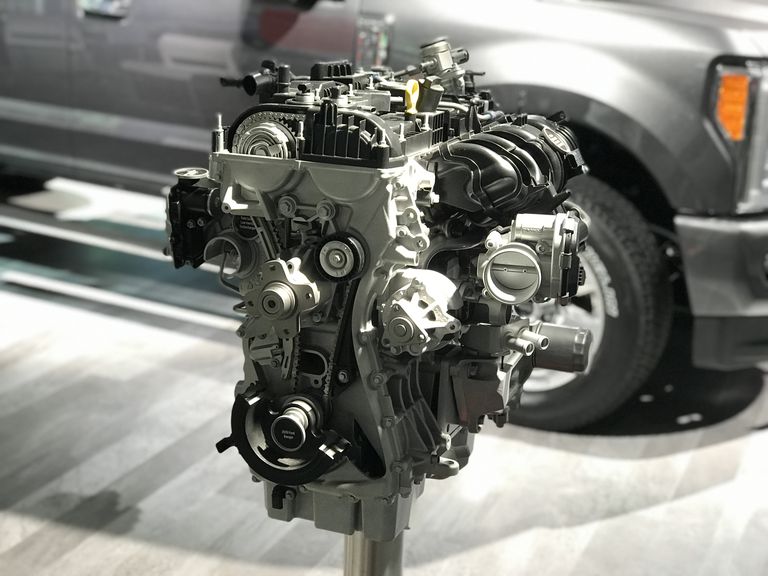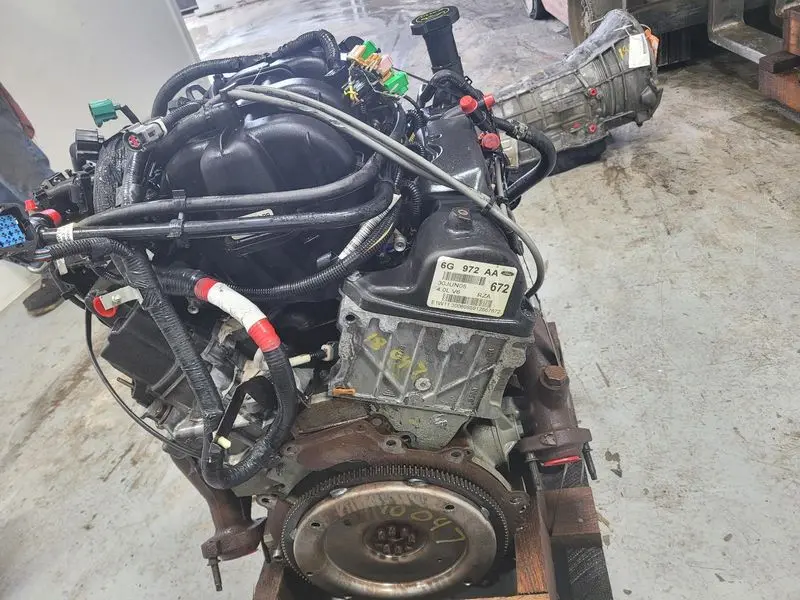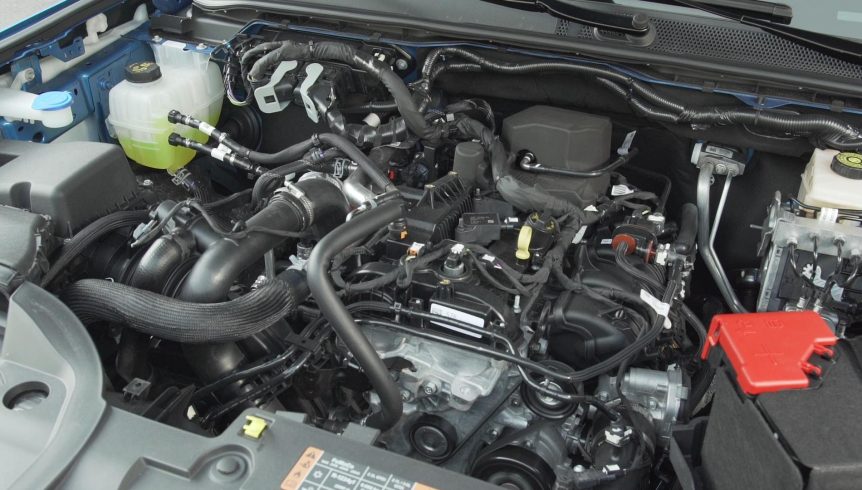What Makes a Car Engine Run Smoothly: Top Tips for Optimum Treatment
The smooth operation of an auto engine is fundamental to both efficiency and long life, making optimum care a crucial responsibility for car proprietors. Secret methods, such as normal oil modifications, preserving coolant degrees, and keeping track of air filters, are crucial yet commonly ignored. In addition, the significance of examining stimulate plugs and making sure appropriate tire stress can not be downplayed. Recognizing just how these aspects interconnect can enhance not just the efficiency of your lorry yet likewise your overall driving experience. What details steps should you focus on to guarantee your engine stays in peak condition?
Routine Oil Changes
One of the most essential facets of cars and truck upkeep is guaranteeing your engine gets routine oil modifications. Engine oil lubes internal elements, minimizes friction, and aids preserve optimal operating temperature levels. Over time, oil weakens due to warmth, contaminants, and the all-natural by-products of burning, leading to minimized efficiency and potential engine damages.
The majority of suppliers advise changing the oil every 5,000 to 7,500 miles, but this period can differ based upon driving conditions and oil kind. Synthetic oils might allow for longer periods in between adjustments. Normal oil changes not only boost engine performance yet likewise boost gas performance, as tidy oil promotes smoother operation.
Ignoring oil changes can lead to sludge accumulation, which hinders circulation and can cause extreme engine problems. It is important to check oil degrees on a regular basis and monitor for any uncommon modifications in shade or consistency, which might suggest contamination or destruction.

Keeping Coolant Levels
Preserving appropriate coolant levels is necessary for protecting against engine getting too hot and ensuring ideal efficiency. The coolant, commonly a blend of water and antifreeze, flows through the engine, soaking up warm and preventing thermal stress. Insufficient coolant can result in increased engine temperatures, which might trigger severe damage or also complete engine failing.
To maintain ideal coolant levels, routinely inspect the coolant reservoir, generally found in the engine bay. Ensure the coolant is loaded to the suggested mark, as indicated in your automobile's owner guidebook. It is advisable to check the levels at the very least when a month or in the past lengthy trips, especially throughout extreme climate condition.
If you observe that the coolant degree is regularly low, there may be a leak in the cooling system, which must be attended to without delay to stop further issues. 2.2 ford ranger engine. Additionally, purging the coolant system every 2 to 3 years can assist eliminate any kind of built up particles and make sure effective warm exchange
Monitoring Air Filters

It is advised to inspect the air filter every 12,000 to 15,000 miles, or a lot more frequently if driving in damaging or dirty conditions. A simple aesthetic inspection can typically expose whether the filter is dirty or harmed. If the filter shows up discolored or has visible dust accumulation, it needs to be changed quickly.
Using a top notch air filter designed for your certain lorry version can better enhance engine performance. Furthermore, some lorries might take advantage of multiple-use filters that can be cleaned and reinstalled, supplying a cost-efficient and eco friendly alternative.
Inspecting Spark Plugs
Flicker plugs are crucial elements of a car's ignition system, straight impacting engine performance and performance. They create the stimulate that sparks the air-fuel mix in the combustion chamber, promoting the engine's power generation. Regular inspection of ignition system is critical pop over to this site for keeping ideal engine feature and avoiding potential concerns.
Dark residue or oil down payments can indicate improper combustion, while a white or raw appearance might suggest overheating. Both conditions require immediate focus to stop additional engine damage.
It's suggested to examine trigger plugs every 30,000 miles, or as suggested in your automobile's owner handbook. Additionally, think about replacing them according to the manufacturer's guidelines, as worn or old stimulate plugs can cause misfires, lowered fuel efficiency, and enhanced exhausts.
Monitoring Tire Stress
Under-inflated tires can lead to lowered gas performance, boosted tire wear, and compromised handling. Normal tracking of tire pressure is vital for ideal automobile operation.
Tire pressure need to be inspected at the very least once a month and eventually journeys. Make use of a trustworthy tire pressure scale Homepage to gauge the pressure when the tires are cold, preferably prior to the automobile has actually been driven for at the very least 3 hours. Refer to the car's owner handbook or the placard located on the vehicle driver's side door jamb for the maker's suggested pressure levels.
It is very important to keep in mind that tire stress can vary with adjustments in temperature level; a drop of 10 ° F can result in a 1-2 psi decrease in pressure. Furthermore, aesthetically evaluate tires for any type of indicators of wear or damage throughout your surveillance regimen. Keeping appropriate tire pressure not only boosts vehicle safety yet also enhances gas efficiency and prolongs tire life, eventually adding to a smoother engine efficiency.
Verdict
Finally, maintaining an automobile engine's smooth procedure requires thorough interest to several crucial variables. Regular oil adjustments, proper coolant levels, tidy air filters, well-kept ignition system, and ideal tire stress jointly contribute to boosted efficiency and longevity. Adhering to these upkeep practices not only enhances fuel efficiency but additionally advertises a more secure driving experience. Eventually, a proactive method to engine care is crucial for making certain integrity and functionality in time. 2.2 ford ranger engine.
One of the most vital facets of automobile upkeep is guaranteeing your engine receives routine oil adjustments. Engine oil lubricates internal elements, decreases friction, and helps preserve optimum operating temperature levels. Routine oil changes not only boost engine performance but informative post additionally boost gas performance, as clean oil advertises smoother procedure.
Not enough coolant can lead to enhanced engine temperature levels, which may create severe damages or also overall engine failing.
